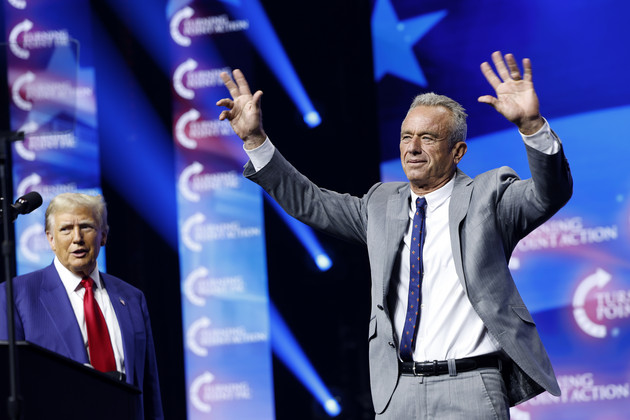In the months since Robert F. Kennedy Jr. was confirmed as Secretary of Health and Human Services, his unconventional approach to healthcare policy has sparked intense debate across the medical community. Known for his longstanding skepticism toward vaccines and conventional medicine, Kennedy’s leadership of HHS represents a significant departure from traditional public health governance, with early actions that are reshaping federal health agencies.
Kennedy, a prominent antivaccine activist and former independent presidential candidate, was nominated by President Donald Trump to oversee significant aspects of the nation’s public health policy. His controversial stances-ranging from opposition to vaccines and water fluoridation to support for alternative treatments like hydroxychloroquine-signaled potential upheavals in long-standing public health initiatives from the outset.
During his confirmation hearings in January 2025, Kennedy struggled with basic healthcare policy knowledge. When asked about Medicaid reform, he claimed “most people who are on Medicaid are not happy” and that “the premiums are too high, the deductibles are too high, and the networks are narrow.” These statements contradicted fundamental aspects of Medicaid, which generally doesn’t charge premiums or deductibles at all.
His Early Actions
Since taking office, Kennedy has implemented dramatic changes to federal health agencies. His administration has conducted massive staff reductions at key health agencies, including the Centers for Disease Control and Prevention (CDC), Food and Drug Administration (FDA), and Health Resources and Services Administration (HRSA). These cuts, along with what the American Public Health Association calls a “nonsensical reorganization of HHS,” have raised concerns about the nation’s ability to address health emergencies.
A notable development occurred in early April 2025, when Kennedy publicly endorsed the measles, mumps, and rubella (MMR) vaccine following a meeting with families who lost two children to measles during an outbreak in Texas. In a post on social media platform X, Kennedy stated, “The effective way to prevent the spread of measles is the MMR vaccine,” and directed the CDC to provide necessary vaccines to affected areas. This endorsement sparked significant backlash from anti-vaccine activists who had previously supported Kennedy.
The Community Response
The American Public Health Association has been blunt in its assessment, stating that “Secretary Kennedy and his policies are a danger to the public’s health”. The organization noted that despite promising during his nomination hearing to support vaccines if shown proper data, Kennedy has consistently maintained his vaccine skepticism despite being “confronted with multiple studies.”
Kennedy has also forced out key health officials, including Dr. Peter Marks, the leading FDA vaccine official who was instrumental in Operation Warp Speed during the first Trump administration.
Kennedy has outlined plans to redirect significant portions of healthcare funding, including putting half of the National Institutes of Health’s research budget into “preventive, alternative, and holistic approaches to health.” Currently, the NIH’s National Center for Complementary and Integrative Health receives only about 0.36% of the agency’s $47.4 billion budget.
Observers note that Kennedy’s ambitions face significant constraints. Congress, which authorizes and funds NIH, would need to approve major shifts in the agency’s funding priorities. Additionally, federal protections for government workers limit his ability to rapidly dismiss agency employees.
As RFK’s office continues, healthcare experts and investors alike await the long-term impacts of his traditionally unconventional leadership within one of the government’s most important departments.




Nikhil Menon • May 6, 2025 at 12:34 pm
Nice Job!